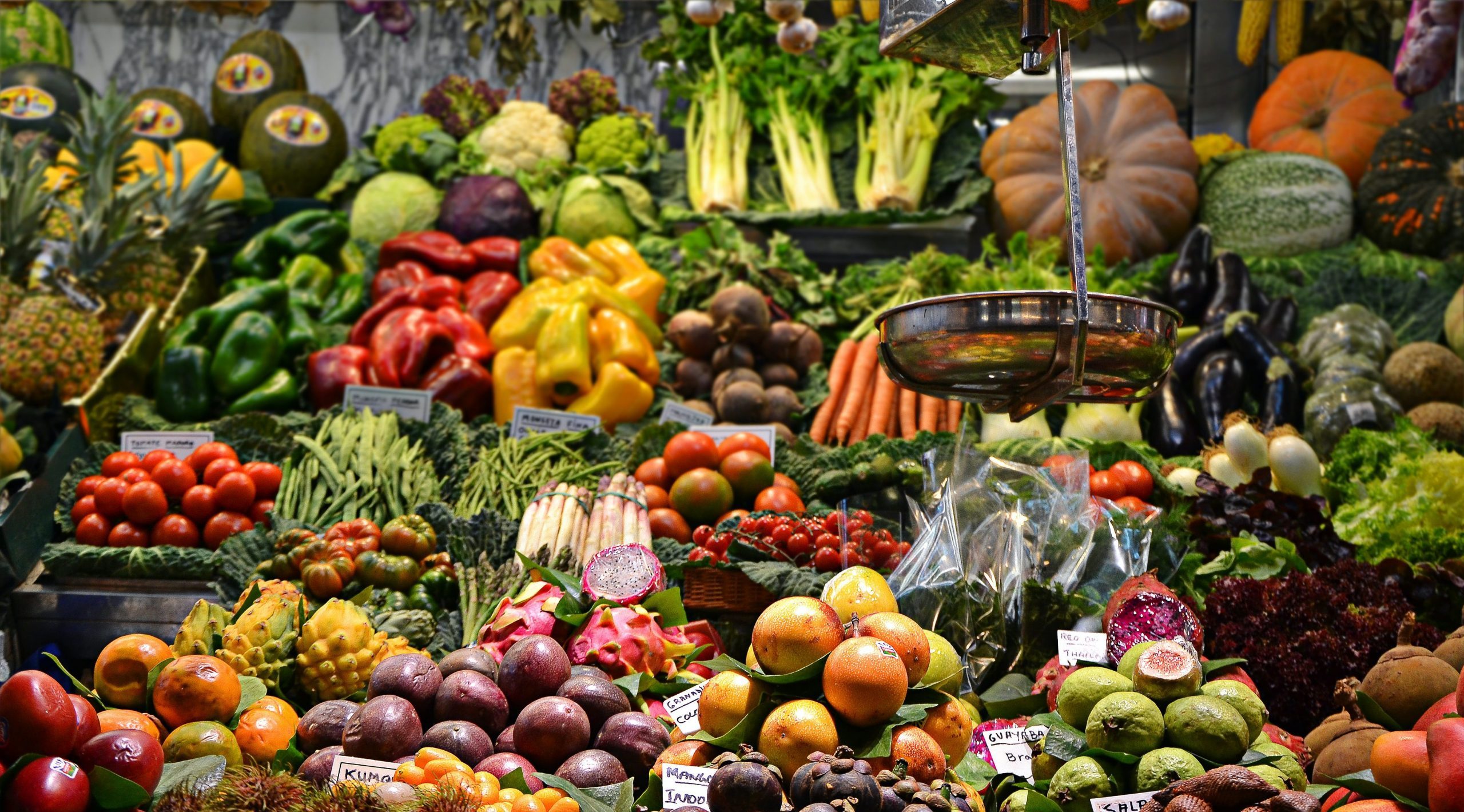Food production in the Gulf nation has significantly increased, with several local companies helping push the country to its sustainability goal.
Domestic food production in Qatar recorded the highest increase in the Gulf region between 2014 and 2019, according to recent statistics by a UAE-based investment banking advisory firm.
Alpen Capital’s recent numbers come in its “GCC Food Industry” report that provides a comprehensive overview of the region’s food sector and outlines its growth levels, recent trends as well as challenges in recent years.
The numbers recorded an overall 15.2% compound annual growth rate (CAGR) in food production in Qatar between 2014 and 2019, all of which reached 376,896 tonnes. To achieve such a rate, Qatar invested $1.4 billion into the food sector in 2019, a rise of 126% from $0.6 billion in 2016, the report added.
The country’s swift growth and production efforts achieved 17.3% of its food requirements through domestic production in 2019, up from just 12.6% in 2014.
In particular, dairy production was able to meet 72.8% of the country’s domestic demand, Alpen Capital noted.
In 2019, Qatar accounted for 2.8% and 5.1% of the total regional food production and consumption, respectively, Alpen Capital noted.
Due to extremely high temperatures and desert climates, Qatar is largely dependent on food imports to meet domestic demand. However, in recent years, largely due to the illegal land air and sea blockade imposed on Qatar by its regional neighbours in 2017, authorities have made a significant increase in local food production.
The rapid push in production largely affected Qatari agriculture, fish, animal and dairy products, all of which experienced a multi-fold increase.
Qatar biggest aquaculture farming project begins producing vegetables
Between 2014 and 2019, the production of major food categories in Qatar increased by 15%. The most produced items as of 2019 included dairy products (53.0% share), vegetables (24.3% share), and meat (9.8% share).
Meanwhile, in 2019, the GCC consumed 42.9 million tonnes of food products, with an annual consumption of 733.6kg per person.
Qatar saw an 8.1% growth in food consumption over the five-year period, the highest in the region. In 2019, food consumption reached over 2.2 million, Alpen Capital added.
In 2020, the region’s consumption amounted to 46.8 million metric tonnes of food, with Saudi Arabia and the UAE consuming a combined 77.9% due to their greater population.
The report stated that food consumption is expected to grow moderately in the upcoming years due to population growth and economic recovery from the Covid-19 pandemic.
“Food consumption in the GCC is expected to grow at a moderate pace on the back of growing population, economic recovery and reopening of the hospitality and tourism sectors,” said Managing Director of Alpen Capital Sameena Ahmad.
“The impact of the pandemic led the governments to ramp up food security initiatives and operators to adopt new channels of delivery to meet the needs of their customers amidst restricted movement.”
In the last year, the GCC has invested heavily in desalination capacity focusing on increasing food production, logistics and storage to increase self-sufficiency, with Qatar getting closer every year to its self-sufficiency goals.
Follow Doha News on Twitter, Instagram, Facebook and Youtube







